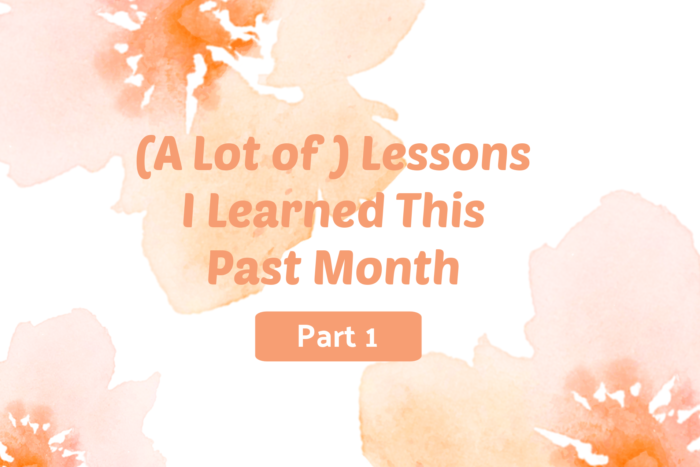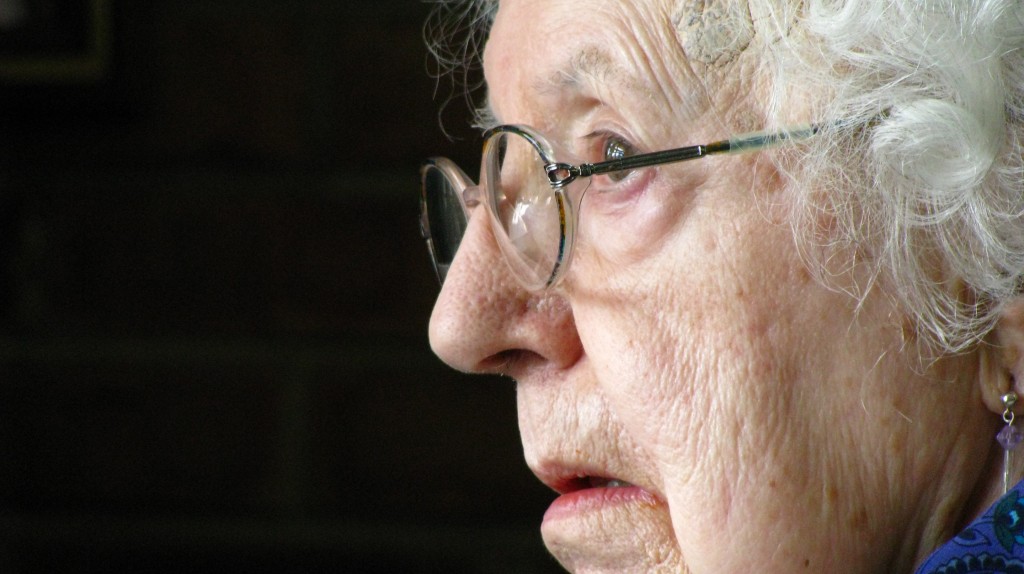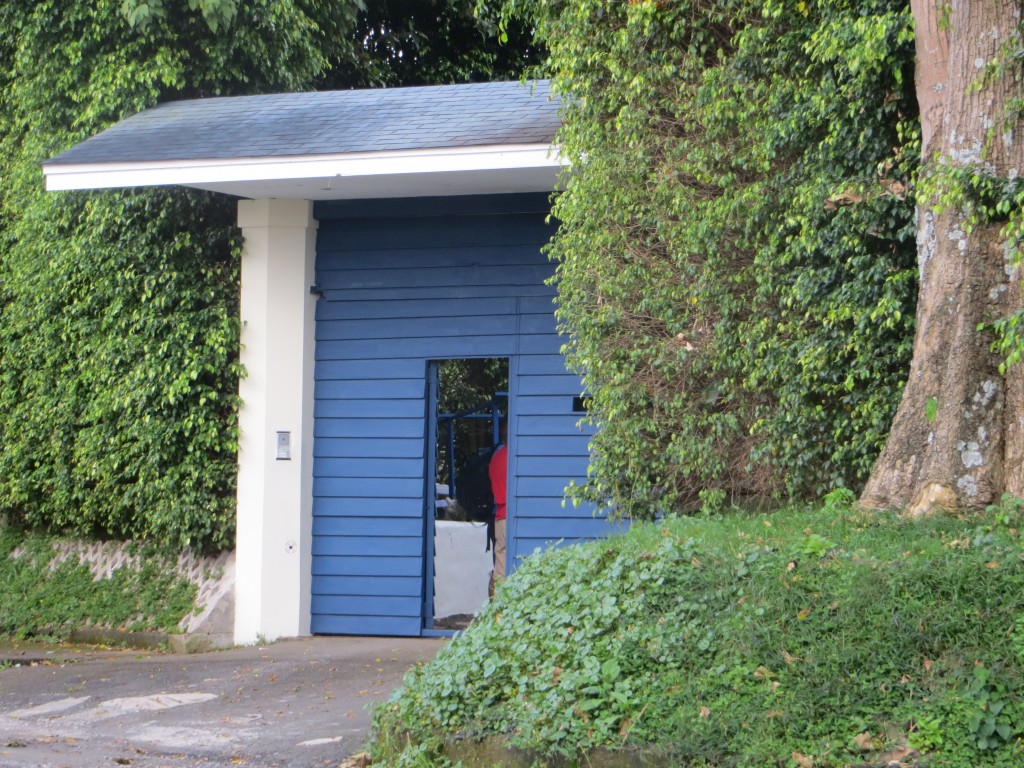But What About My Dreams?
We all have dreams and aspirations for this life. For some, they are BIG dreams of wealth and power or to travel the world. For others, the dreams may be simpler, such as to be married or to be a parent or to own a house. As we get older, we begin to recognize that we need to say good-bye to some of our dreams, as they just aren’t going to happen. Some of us find this out when we are young.
Does God care about our dreams, our desires, and the longings of our hearts?
We know He does because He cares for us. And, in fact, Psalm 37 tells us He will give us the desires of our hearts. So is there a condition for this promise?
There certainly is. But before we look at what that condition is, I want to share the story of a man by the name of Samuel Pearce.
Born in 1766, Samuel was saved at the age of 16. He was soon on fire for the Lord and his heart’s desire immediately was to go on the Mission Field. He made plans to sail to New Zealand for this purpose but those plans fell through. And so he became God’s hard-working and faithful servant right where he was.
However, the dream to go on the mission field never left him. And when he met William Carey (pioneer missionary to India), they became great friends. Soon he was making plans to join Carey in India. It was his heart’s burning desire to join Carey there. Surely, God wouldn’t deny this godly man his dream?
But God said no. And Samuel Pearce never did get to go to India.
Why was this godly man denied such a godly dream? Why wasn’t he able to go to India?
Let’s go back to Psalm 37:4 and read the entire verse–
Delight thyself also in the Lord: and he shall give thee the desires of thine heart.
There is a condition and that is we are to delight ourselves in the Lord. This is the condition to receiving the desires of our hearts. That is because, when we do this, our desires naturally change.
And so, Samuel Pearce chose to delight himself in His Lord and he surrendered his dream to God’s will. There was no bitterness or rancor in his heart. Oh, I am sure he questioned God but He also trusted His heavenly Father to know best and gave even this most holy dream over to God’s Sovereignty.
Samuel Pearce suffered from illness and died by the age of 33, never seeing India or any other part of the world. But He continued to serve God until that day. He never turned from God because he trusted God.
And this leads us back to our own dreams. Is it wrong to have dreams for our lives? Well, not necessarily (more about that later). But we need to surrender any dream or desire we may have to God’s will for our lives. His will may be different than ours and we need to accept that without bitterness and without resentment.
This is easier said than done, isn’t it? But it’s our only path to the peace that God promises. And, in fact, it’s our only path to the fulfillment of all God’s promises. We must surrender to His Sovereign will for our lives.
Oh, as usual, this is so much easier to write than to live out! We get upset at the smallest detour in our mundane plans. Perhaps the best way to prepare our hearts for the loss of our big dreams is to practice submitting to God’s Sovereignty without complaint in the small, everyday things.
And let’s not forget to thank God for those wonderful blessings He gives us and for the dreams we have had that have been fulfilled. He is a God full of lovingkindness and mercies. Psalm 103:1-5 reminds us of this–
Bless the Lord, O my soul;
And all that is within me, bless His holy name!
2 Bless the Lord, O my soul,
And forget not all His benefits:
3 Who forgives all your iniquities,
Who heals all your diseases,
4 Who redeems your life from destruction,
Who crowns you with lovingkindness and tender mercies,
5 Who satisfies your mouth with good things,
So that your youth is renewed like the eagle’s.
So what about my dreams? Is there anything wrong with having a dream for my life? Well, that depends.
If our dreams and aspirations for our lives are completely self-centered and selfish, then…yes. God clearly tells us in His Word that when we are redeemed, our priorities change. We are living for Him and not for ourselves. But if our desires are not born out of our own selfish agenda, then…no. Nothing wrong with these.
But, no matter what it is we long for, we need to surrender this to our heavenly Father, trusting that He knows best and remembering that He loves us more than we can even imagine!
For the Lord God is a sun and shield;
The Lord will give grace and glory;
No good thing will He withhold
From those who walk uprightly.
O Lord of hosts,
Blessed is the man who trusts in You! (Psalm 84:11-12)














